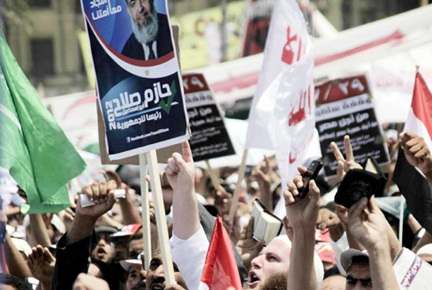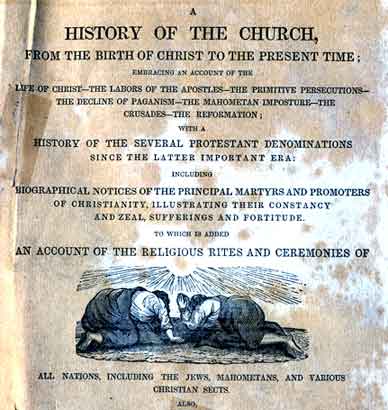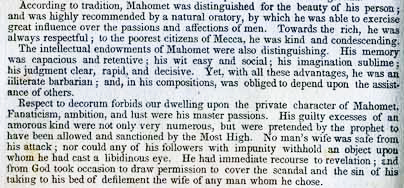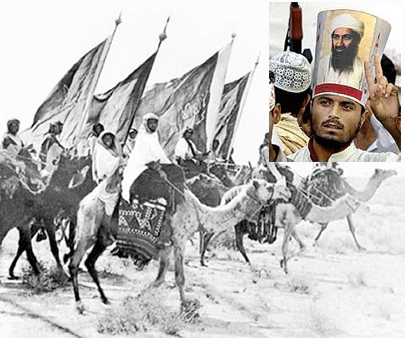
An Egyptian shouts slogans during a protest of Islamist groups at Tahrir Square, the focal point of Egyptian uprising, in Cairo, Egypt, Friday, July 29. (AP Photo/Amr Nabil)
Egypt rally not harbinger of Islamic state: analysts
By Jailan Zayan / Agence France-Presse, thedailynewsegypt.com July 31, 2011
CAIRO: A massive show of force by Islamist groups at a rally in the Egyptian capital on Friday may have showcased their organizational skills, but their actual political clout remains limited, analysts say.
Hundreds of thousands of Islamists from across the country packed Cairo’s Tahrir Square to defend what they called “Egypt’s Islamic identity” in the country’s largest protest since a revolt ousted president Hosni Mubarak in February.
But while the protest may have been visually dramatic, divisions within the Islamist groups and their lack of nationwide support are bound to restrain their strength, analysts said.
Chants calling for Egypt to “implement the law of God” rang across Tahrir in an impressive display of religious banners and slogans, dotted with Saudi flags.
Hardline Salafis (fundamentalist Muslims) in coordination with the Muslim Brotherhood have been organizing the rally for weeks, sparking fears of clashes with secular protesters who have been camped out in the square since July 8.
The sheer size of the protest appeared to have angered, and in some cases intimidated, secular activists.
But analysts say that while Friday’s rally showcased the Islamist groups’ organizational skills and their ability to mobilize members efficiently, its political impact remains limited. Continue reading Brother, can you spare a revolution






